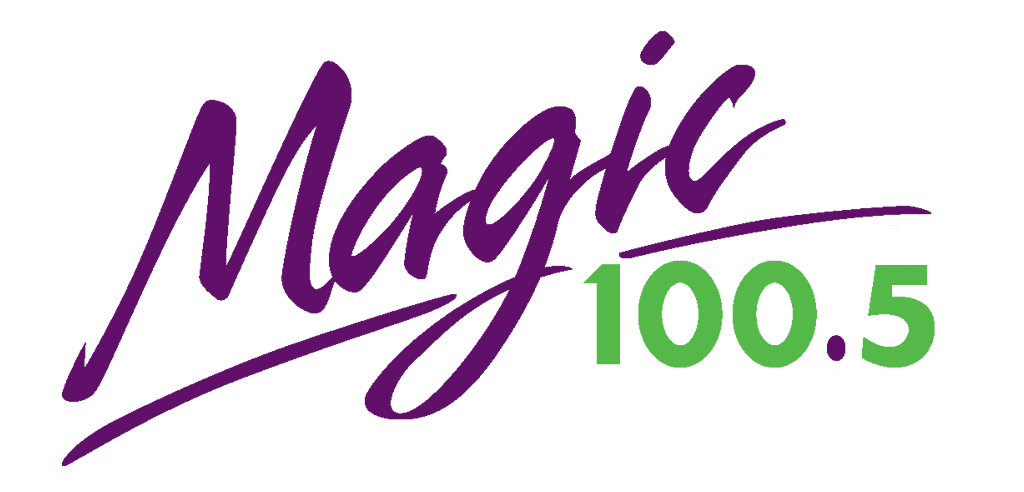Lieutenant Governor Boyd K. Rutherford announced that Maryland’s Opioid Operational Command Center, in coordination with the Maryland Emergency Management Agency, is distributing nearly $10 million in grants for fiscal year 2021 to fight the opioid and substance use crisis.
“Addressing the opioid and substance use crisis in Maryland remains one of our highest priorities,” said Rutherford. “As long as this crisis poses a threat Marylanders, we will persist in our efforts to eradicate it. I want to make it very clear that we have remained focused on this issue in spite of the country’s other public health challenges, and we will continue to devote the resources required to bring it under control.”
The funding for fiscal year 2021 is part of a $50 million, five-year commitment that the Hogan-Rutherford administration announced in 2017.
“Maryland’s sustained commitment to addressing the opioid and substance use crisis is more important now than it has been ever before,” said Executive Director Steve Schuh of the OOCC. “In a challenging environment, these grants are among the most powerful tools at our disposal. They allow the state to provide direct and focused support to the programs in each jurisdiction that will benefit the most.”
“We have passionate individuals working on the opioid and substance use crisis in every corner of Maryland,” said Maryland Department of Health Secretary Robert R. Neall. “Our success in tackling this problem depends on our ability to support these individuals and their local networks. The OOCC’s grant awards provide exactly the type of support that is required to empower those who know best what their communities need.”
The fiscal year 2021 grant distributions include:
- $5.6 million in competitive grants to fight the opioid and substance use crisis through the highest-scoring programs that align with the OOCC’s mission and that meet the most pressing needs around the state; and
- $4.0 million in block grants distributed among the Opioid Intervention Teams (OITs) in each of the state’s 24 local jurisdictions to fight the crisis in ways that best meet their own needs.
FY21 Competitive Grants Program Awards Locally include:
$298,700 to continue to provide training and mentorship in a stress- and trauma-relief model to educators, healthcare workers, and addiction and detention programs across Allegany County.
$125,400 to assist individuals in Allegany County who are in need of continued substance recovery support as they transition to employment by providing pre-employment and job placement services.
The purpose of the Block Grant Program is to provide a base level of funding to each of Maryland’s 24 local jurisdictions in order to combat the opioid crisis. The Block Grant Program is formula based, with half of the funds distributed equally among the state’s 24 jurisdictions and the other half allocated according to local fatality rates. Each jurisdiction determines how to use its allocation to best meet its own needs in fighting the opioid and substance use crisis. For FY21, a total of $4.0 million will be distributed through the Block Grant Program.
Local health officers from across the state offered their thanks for Block Grant Program awards:
Garrett County Health Officer Bob Stephens said, “The resources provided to our local OIT are needed now more than ever. Our community has experienced an increase in the number of overdoses since the beginning of the COVID-19 pandemic. Funding from the OOCC Block Grant Program allows our local team to address the opioid epidemic thorough community-driven initiatives.”
| Allegany: $112,811 | Support law enforcement interdiction operations. Support peer recovery services. Increase availability of naloxone for first responders. |
| Garrett: $87,499 | Support Community Resource Team to provide a bridge between identified potential clients and opioid-addiction services. Support drug prevention and education program in schools. Support OIT coordination. |
Before It’s Too Late is the state’s effort to bring awareness to the opioid crisis and to mobilize resources for effective prevention, enforcement, and treatment. Marylanders struggling with a substance use disorder can find help at BeforeItsTooLate.Maryland.gov; through our state’s crisis hotline, Call 211, Press 1; or by texting their ZIP code to 898-211.


